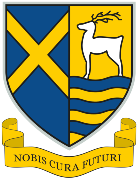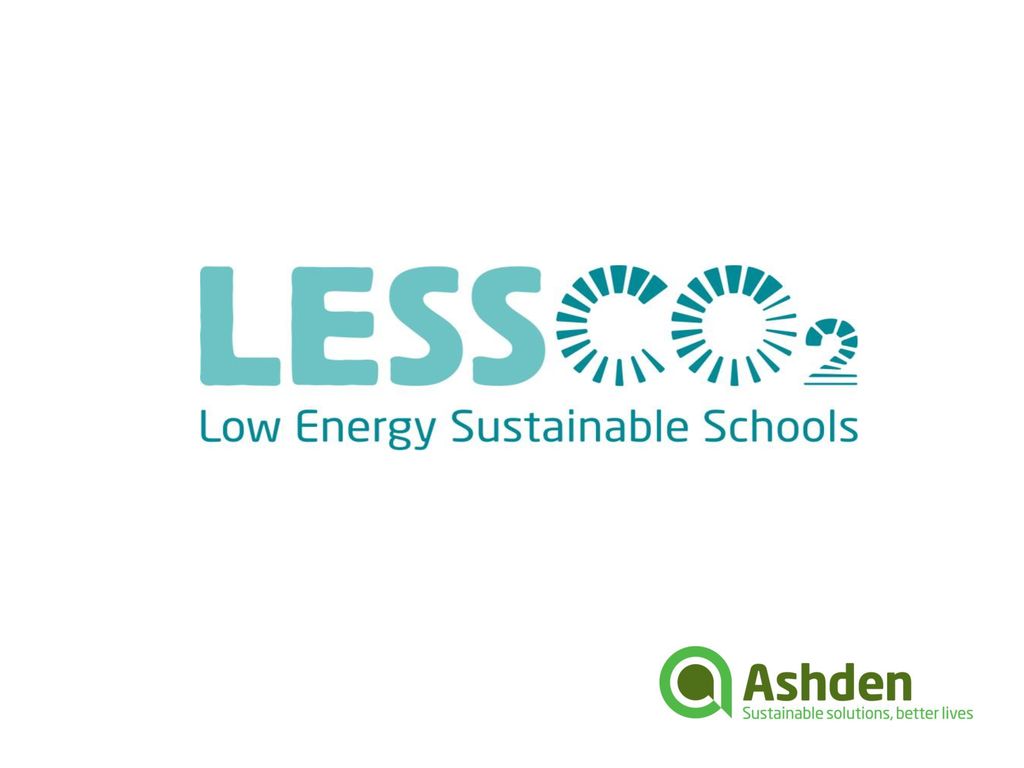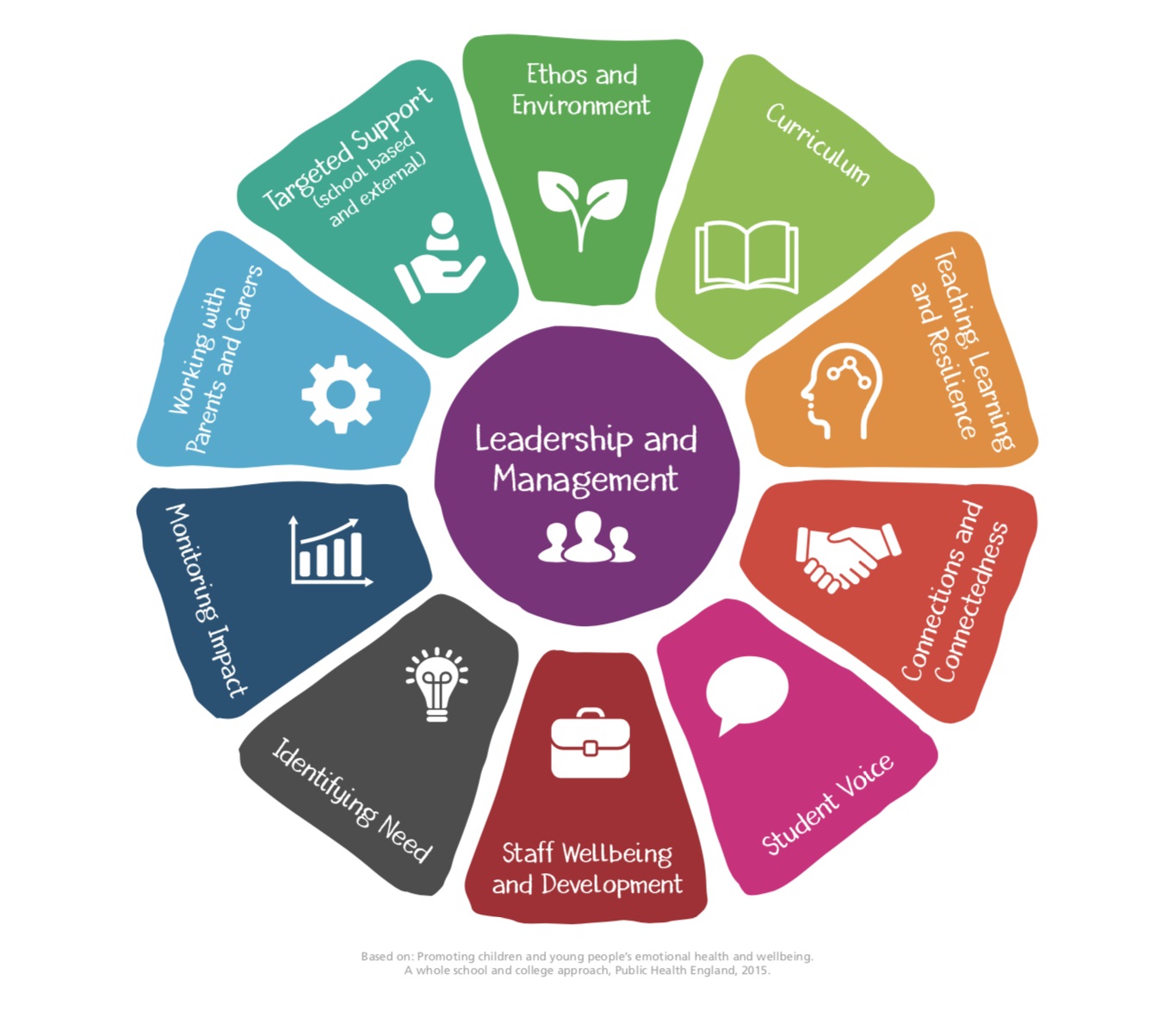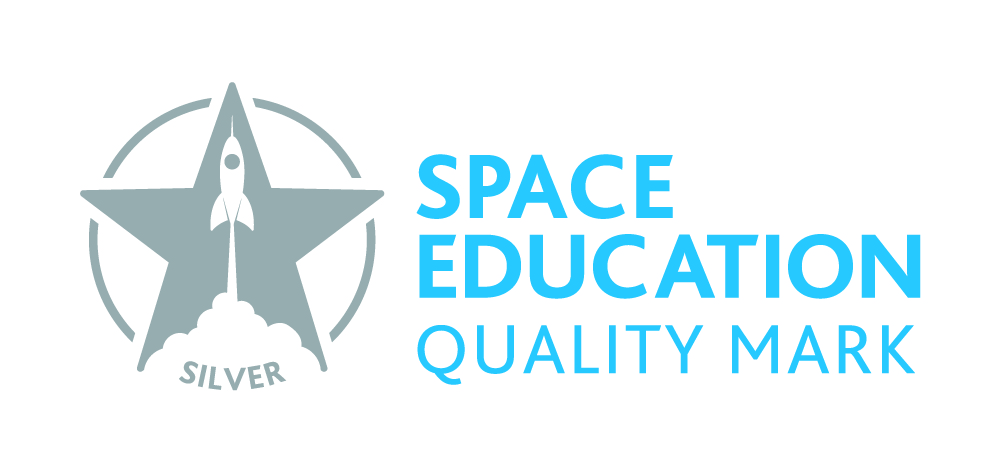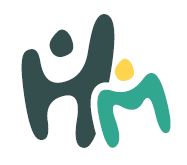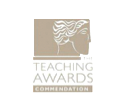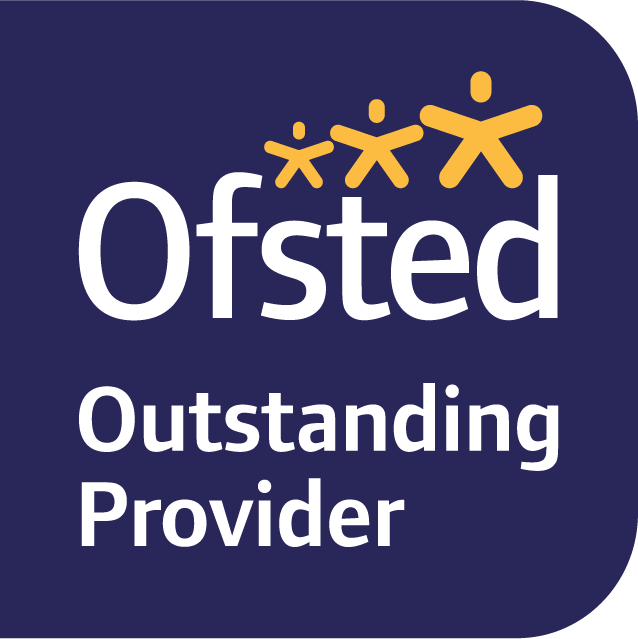Religion, Ethics & Philosophy
The Department
Curriculum Leader:
Ms S Wilson
Religion, Ethics and Philosophy Specialists:
Mr J Seabrook
Mrs P Jarvis (Assistant Head Teacher; Key Stage 3)
The Right to Withdraw from Religious Education
Key Stage 3 Core Religion, Ethics, Philosophy (REP
Curriculum Overview and Intent
Students will aim to acquire a level of 'religious literacy', which means they will be able to investigate belief systems through varied experiences, approaches and disciplines, reflect on and express their own ideas, and the ideas of others, with precision and clarity, and become increasingly able to respond to beliefs in an informed, rational and insightful way.
Ofsted states that learning in REP should not be confused with "mere facts", and they speak of three 'pillars of progression'. Progression, therefore, involves securing increased knowledge in the following three categories: ‘Substantive knowledge’ about various religious and non-religious traditions, ‘ways of knowing’ or how to understand and investigate religious and non-religious beliefs, and ‘personal knowledge’ which is an awareness of one’s own presuppositions and values about belief systems.
We will enable students to partake in informed discussion about complex beliefs systems. Students should be able to understand, and question, the accuracy of claims about different belief systems, regardless of whether they are themselves religious or not.
The Department
We have sequenced the Schemes of Learning (SoL) in order to aid the acquisition of religious literacy, the understanding of ethical viewpoints, and the ability to practice philosophy. The ways of knowing and the students personal knowledge is explored throughout all topics. To make this as accessible as possible to students we have chosen to ensure the substantiative knowledge is structured in a way that aids students in seeing the synopticity within our three subjects, and the many topics contained within.
Key Stage 3 Core Religion, Ethics, Philosophy (REP)
What will be studied?
Year 7:
We first have an introduction to Religion, Ethics and Philosophy in St Albans, and how the subject will work at STAGS. We will spend the rest of year 7 studying the Dharmic faiths in chronological order.
Year 8:
In year 8 we study three of the Abrahamic faiths in chronological order, Judaism, Christianity and Islam. We use chronology to assist the students' understanding of the development and links within faiths.
Year 9:
In year 9 we will focus on ethics, including religious ethics, and an introduction to philosophy. This will aid students in discussing important topics in a nuanced and detailed manner. They will also be able to see if studying GCSE Religious Studies is something they are interested in. As many other subjects require ethics, this can also help students to develop an awareness of expectations when learning about medical ethics, business ethics, etc.
Choices moving forward: GCSE Religious Studies based on the most appropriate topics and board for our students. The GCSE features learning about 2 religions, selected on school demographics, with religious ethics and philosophy of religion. The chosen qualification, based on these criteria, is GCSE Religious Studies Eduqas Route A: Christianity and Islam.
At the end of Year 9 we aim for most students to be able to do the following:
- Use a range of increasingly complex religious, moral and philosophical vocabulary
- Demonstrate the ability to understand and explain a range of religious and non-religious worldviews, recognising their local, national and global context
- Use this knowledge to analyse and synthesise personal and critical responses to a range of different issues in order to form coherent, well-argued conclusions
- Challenge arguments about the meaning of religion and spirituality and suggest answers relating to the search for truth
What support is needed?
- Students will benefit from engaging in discussions at home, especially where they are questioned on the reasoning behind their beliefs.
- An awareness of current events, the impact their actions have on others and an awareness of the beliefs of those around them will help.
- Visiting sites of religious, ethical or philosophical interest.
- Watching or attending debates
How will students be assessed?
In order to make progress in REP, students add to their understanding as they extend their use of subject-specific vocabulary and encounter the same concepts in the contexts of different religions and worldviews. In particular, they learn at greater depth, which is reflected in 7 outcomes:
- Increasing the level of detail
- Moving from local to global contexts
- Making increasing links between smaller ideas
- Including exceptions and contrasts
- Moving from simple to complex and controversial ideas
- Understanding diversity in increasingly complex settings
- Recognising and handling an increasingly wide range of interpretations
At KS3 students will be assessed three times a year in a written format. This will aim to assess their ability to write an argument style answer to a topic. They will be expected to show key skills such as argument, analysis, evaluation, critique as well as being able to explain the views of more than one person or group. The use of examples will also help to show progress.
This will help their ability to answer essay based questions at KS4 in many subjects.
Key Stage 4 Core Religion, Ethics, Philosophy (REP)
Curriculum Overview and Intent
Students will aim to acquire a level of 'religious literacy', which means they will be able to investigate belief systems through varied experiences, approaches and disciplines, reflect on and express their own ideas, and the ideas of others, with precision and clarity, and become increasingly able to respond to beliefs in an informed, rational and insightful way.
Ofsted states that learning in REP should not be confused with "mere facts", and they speak of three 'pillars of progression'. Progression, therefore, involves securing increased knowledge in the following three categories: ‘Substantive knowledge’ about various religious and non-religious traditions, ‘ways of knowing’ or how to understand and investigate religious and non-religious beliefs, and ‘personal knowledge’ which is an awareness of one’s own presuppositions and values about belief systems.
We will enable students to partake in informed discussion about complex beliefs systems. Students should be able to understand, and question, the accuracy of claims about different belief systems, regardless of whether they are themselves religious or not.
(Please note Core REP is completely separate, and different to, GCSE Religious Studies)
Core Religion, Ethics and Philosophy (REP) will occur once a fortnight, in accordance with the legal framework, with statutory guidance from the Hertfordshire Standing Advisory Council on Religious Education (SACRE).
REP should make a major contribution to the education of children and young people. At its best, it is intellectually challenging and personally enriching. It helps young people develop beliefs and values, and promotes the virtues of respect and empathy, which are important in our diverse society. It fosters civilised debate and reasoned argument, and helps pupils to understand the place of religion and belief in the modern world.
During the course of Years 10 and 11 student will study various topics including:
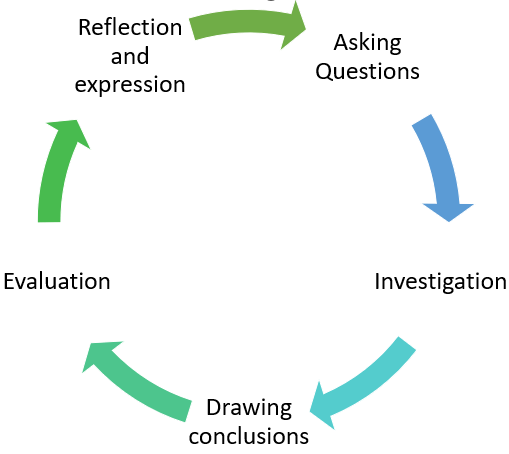
- Religion and Media
- Secularisation
- War and Peace
- Sin and Crime
- Topical ethical debates
- Minority religion
We will also introduce more philosophy, including: theoretical philosophy (metaphysics and epistemology), practical philosophy (ethics, social and political philosophy, aesthetics), logic, and history of philosophy.
Learning Methods:
One of the key methods we will use will be the enquiry model (see above diagram). Students should be able to critically use this model independently by the end of year 10.
Philosophy is an activity, or way of thinking, about certain subjects such as ethics, thought, existence, time, meaning and value. That 'way of thinking' involves 4 Rs: responsiveness, reflection, reason and re-evaluation. The aim is to deepen understanding. The hope is that by doing philosophy we learn to think better, to act more wisely, and thereby help to improve the quality of all our lives.
KS4 students should be working towards these goals
- Use a range of increasingly complex religious, ethical and philosophical vocabulary. ∙ Demonstrate the ability to understand and evaluate a range of religious and non-religious worldviews applying these in a local, national and global context
- Use their knowledge to analyse and synthesise personal and critical responses to a range of different issues which impact on the lives of individuals and communities, including current affairs
- Form coherent, well-argued conclusions, demonstrating an increasing level of discernment based upon interpretation, analysis and evaluation of sources of wisdom
Careers link:
While it doesn’t have the most obvious pathway to a career, REP will equip you with a vast amount of transferable, and desirable, skills that can be applied to any number of professions. For example, the acceptance rate for philosophy majors applying to law school is higher than all other majors (except physics).
GCSE Religious Studies Eduqas Route A: Christianity and Islam
Curriculum Overview and Intent
Students will aim to acquire a level of 'religious literacy', which means they will be able to investigate belief systems through varied experiences, approaches and disciplines, reflect on and express their own ideas, and the ideas of others, with precision and clarity, and become increasingly able to respond to beliefs in an informed, rational and insightful way.
Ofsted states that learning in REP should not be confused with "mere facts", and they speak of three 'pillars of progression'. Progression, therefore, involves securing increased knowledge in the following three categories: ‘Substantive knowledge’ about various religious and non-religious traditions, ‘ways of knowing’ or how to understand and investigate religious and non-religious beliefs, and ‘personal knowledge’ which is an awareness of one’s own presuppositions and values about belief systems.
We will enable students to partake in informed discussion about complex beliefs systems. Students should be able to understand, and question, the accuracy of claims about different belief systems, regardless of whether they are themselves religious or not.
GCSE Exam Board: WJEC Eduqas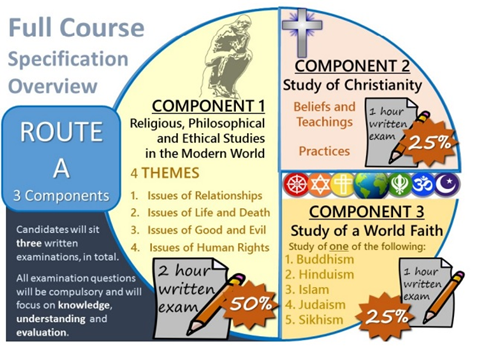
Entry Code: C120P3 for Route A3 - including Component 3 Option 3: Islam
RS at STAGS is a popular course choice for students who wish to dig deeper into some of society's cultural and social issues. It is also a preferred subject at A Level for those who continue their studies at a higher level.
70.59% of our students this year achieved a grade 7 or above, the national figure was 33.2%
What Will we study?
Component 1: Religious, Philosophical and Ethical Studies in the Modern World
- Issues of Relationships
- Issues Life and Death
- Issues of Good and Evil
- Issues of Human Rights
Component 2: A Study of Christianity
An in-depth study of Christianity. You will look at Christian beliefs, teachings and practices and the impact they have on communities and individual believers.
Component 3: A Study of Islam
We will study the beliefs and teachings of Islam. We will consider the diversity within Islam. We will then investigate the practices of Islam in Britain and elsewhere.
How is the course assessed?
Component 1: Religious, Philosophical and Ethical Studies in the Modern World
Written examination: 2 hours
50% of qualification
120 marks (plus 6 for spelling, punctuation and grammar)
Candidates will study the following four themes. All questions are compulsory.
Theme 1: Issues of Relationships
Theme 2: Issues of Life and Death
Theme 3: Issues of Good and Evil
Theme 4: Issues of Human Rights
This component will be assessed by compulsory questions focusing on knowledge, understanding and evaluation of the identified themes.
Component 2: Study of Christianity
Written examination: 1 hour
25% of qualification
60 marks (plus 6 for spelling, punctuation and grammar)
Candidates will study the beliefs, teachings and practices of Christianity.
The compulsory nature of this component ensures that learners know and understand the fact that
the religious traditions of Great Britain are, in the main, Christian, but also diverse and include the following religious and non-religious traditions: Christianity, Buddhism, Hinduism, Islam, Judaism, Sikhism, Humanism and Atheism.
This knowledge may be applied throughout the assessment of the specified content Learners must know, understand and express common and divergent views and the basis for beliefs, teachings and practices. References to relevant sources of wisdom and authority are expected, including scripture and/or sacred texts.
This component will be assessed by compulsory questions focussing on knowledge, understanding and evaluation of the subject content.
Component 3: Study of Option 3: Islam
Written examination: 1 hour
25% of qualification
60 marks
Candidates will study the beliefs, teachings and practices of one world faith, we will be studying Option 3: Islam.
This component will be assessed by compulsory questions focusing on knowledge, understanding and evaluation of the subject content.
What texts are recommended?
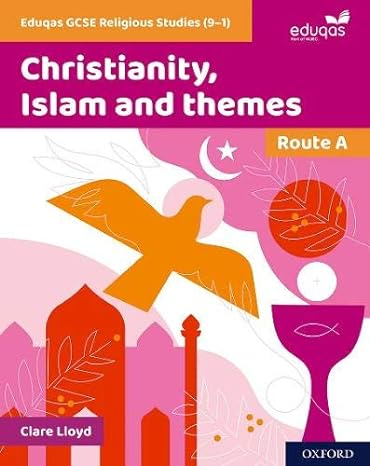
Eduqas GCSE Religious Studies (9-1): Route A: Christianity, Islam and themes by Clare Lloyd ISBN-10 : 1382009526 or ISBN-13 : 978-1382009522. We have a set for use in class.
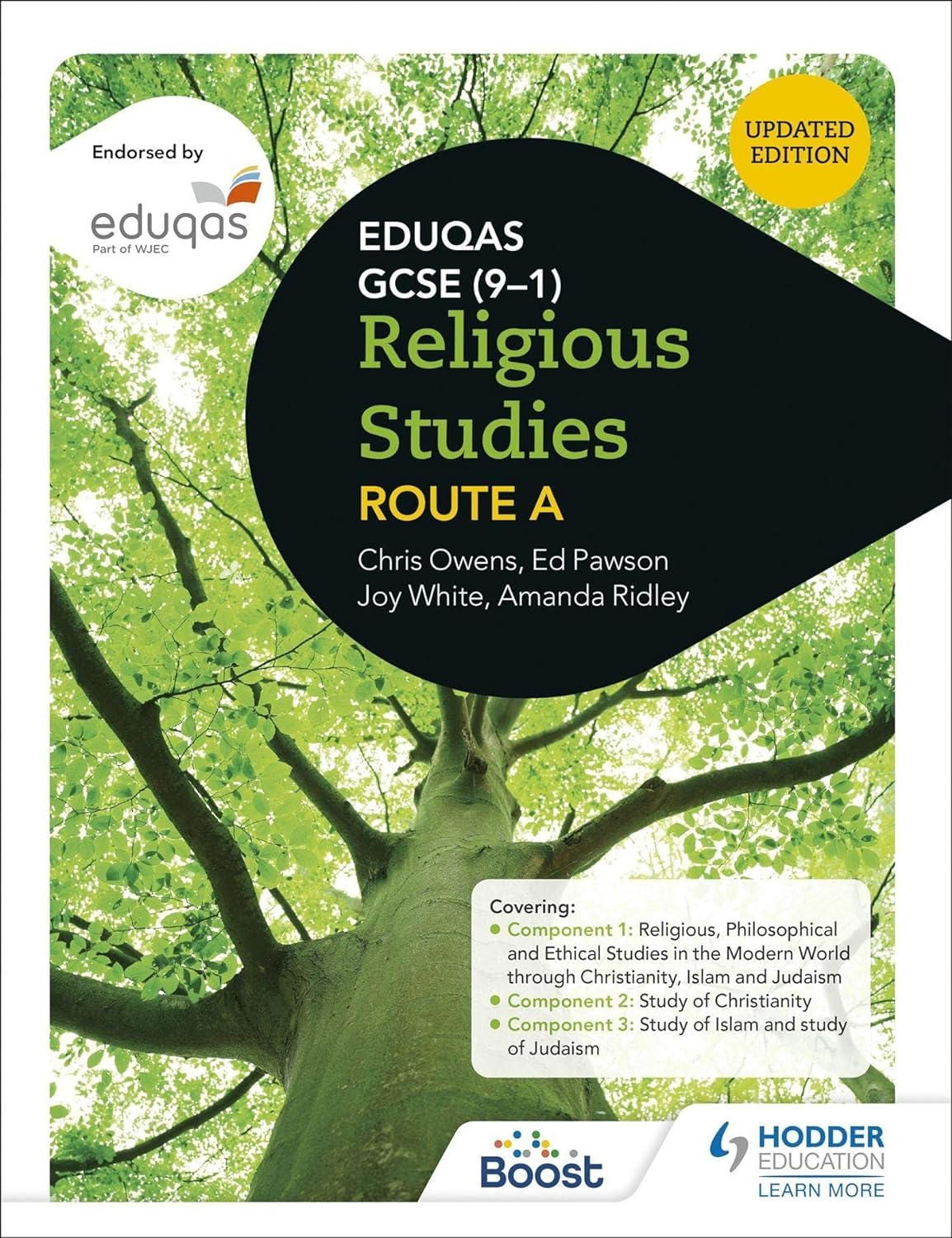
Eduqas GCSE (9-1) Religious Studies Route A by Joy White, Chris Owens, Ed Pawson, and Amanda Ridley ISBN: 9781471866340. We have a set for use in class and a free digital copy.
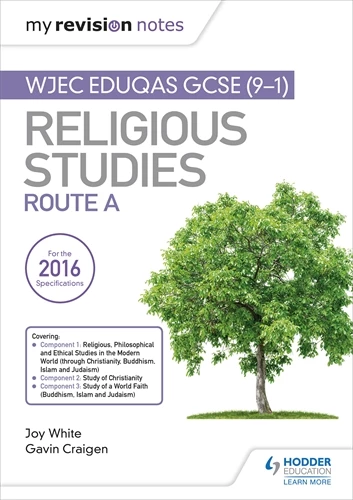
My Revision Notes WJEC Eduqas GCSE (9-1) Religious Studies Route A, Joy White, Gavin Craigen ISBN: 9781510414624. We have a sample copy of this to inspect.
RS Review - which can be found in the Library or in Room RP1.
What websites are recommended?
The Eduqas Resources section of their website
The WJEC Eduqas qualification overview
BBC Bitesize: Eduqas Religious Studies GCSE
Quizlet for GCSE Religious Studies for the Eduqas specification.
What equipment is needed?
Black pen for examinations, highlighters, Chromebook
OCR A Level in Religious Studies (H573)
Curriculum Overview and Intent
Students will aim to acquire a level of 'religious literacy', which means they will be able to investigate belief systems through varied experiences, approaches and disciplines, reflect on and express their own ideas, and the ideas of others, with precision and clarity, and become increasingly able to respond to beliefs in an informed, rational and insightful way.
Ofsted states that learning in REP should not be confused with "mere facts", and they speak of three 'pillars of progression'. Progression, therefore, involves securing increased knowledge in the following three categories: ‘Substantive knowledge’ about various religious and non-religious traditions, ‘ways of knowing’ or how to understand and investigate religious and non-religious beliefs, and ‘personal knowledge’ which is an awareness of one’s own presuppositions and values about belief systems.
We will enable students to partake in informed discussion about complex beliefs systems. Students should be able to understand, and question, the accuracy of claims about different belief systems, regardless of whether they are themselves religious or not.
REP StrategyExam Board: OCR
Specification Number: H573
76.92% of our latest cohort achieve a grade C or above
What will be studied?
Philosophy of Religion
- Ancient philosophical influences
- Soul, mind and body
- Arguments based on observation
- Arguments based on reason
- Religious experience
- The Problem of Evil
- The Nature or Attributes of God
- Religious language
- Twentieth-century perspectives
Religion and Ethics
- Aquinas’ Natural Law
- Fletcher’s Situation ethics
- Kantian ethics
- Utilitarianism
- Euthanasia: applied to NML and SE
- Business ethics: applied to Kant and Utilitarianism
- Meta-ethical theories
- Conscience
- Sexual ethics: applied to all normative theories
Developments in Christian Thought
- Augustine's Teaching On Human Nature
- Christian Teachings on Heaven
- Knowledge of God's Existence
- The person of Jesus Christ
- Christian Moral Principles
- Christian Moral Action
- Religious Pluralism and Theology
- Religious Pluralism and Society
- Gender and Society
- Gender and Theology
- The Challenge of Secularism
- Liberation Theology and Marx
| ASSESSMENT | |
| Philosophy of Religion 120 Marks 2 Hour paper Answer 3 questions from a choice of 4 |
33% of total A Level |
| Religion and Ethics 120 Marks 2 Hour paper Answer 3 questions from a choice of 4 |
33% of total A Level |
| Developments in Christian Thought 120 Marks 2 Hour paper Answer 3 questions from a choice of 4 |
33% of total A Level |
What texts are recommended?
All OCR accredited Textbooks are linked via Google Classroom, students can look at copies in RP2 to decide which is right for them. The OCR Specification has a list of ‘contextual references which are useful for students reaching for the top grades. All students have access to RS Review and Dialogue articles in the Library and shared digitally.
Introduction texts for Philosophy of Religion, Ethics and Christian Thought are:
- Think: A Compelling Introduction to Philosophy by Simon Blackburn
- The Puzzle of Ethics by Peter Vardy and Paul Grosch
- Christianity: A Very Short Introduction by Linda Woodhead
Texts that are required reading are as follows:
- ‘Theology & Falsification: A Symposium’ A. Flew, R. M. Hare, and B. Mitchell
- Bible references: Genesis 3, Matthew 25:31–46, Mark 6:47–52, John 9:1–41, Matthew 5:17–48, Luke 15:11–32, Mark 5:24–34, Luke 10:25–37 and Ephesians 5:22–33
- The Holy See: Redemptoris Missio 55–57 and Mulieris Dignitatem 18–19
- Church of England: Sharing the Gospel of Salvation
What websites are recommended?
- Faculty of Divinity, University of Cambridge - ‘Cambridge in your classroom’ playlist
- Crash Course - ‘Psychology’ playlist, ‘Philosophy’ Playlist and videos on religion and history are useful.
- BBC Radio 4 - ‘History of Ideas’ playlist
- Wireless Philosophy has many specific videos that are useful
- Harvard University - ‘Justice with Michael Sandel’ is a must watch for ethics
- The Bible Project - explains relevant parts of Theology in an interesting way.
What equipment is needed?
A4 Ring Binder, hole punch, file dividers, lined paper, highlighters, pencils and pens.
